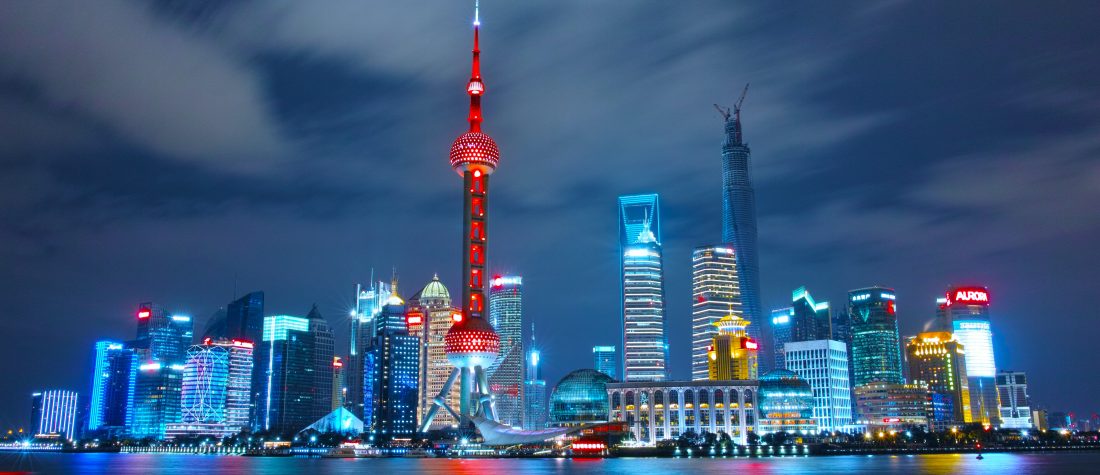Bruno Maçães, former secretary of state for European affairs in Portugal, is someone who likes to reflect. Scroll through his Twitter feed, and you will find his takes on everything from crypto currency to China to complaints about conference fatigue. His most recent book Geopolitics for the End Time brings together many of these reflections in one volume, and gives Maçães’ views on how global geopolitics will have rearranged themselves post Covid-19.
Forecasting the future
Maçães envisions a post-Covid world in which the West has weakened itself, and China has come out tops. Among his core concerns is the vacuum in central Asia after the United States’ withdrawal from Afghanistan; he believes this will pave the way for China to complete its Belt and Road Initiative, drawing the Taliban regime into its ever-expanding sphere.
His fears are slowly but surely being realised. Taliban officials have struck a series of agreements with the Chinese Communist Party concerning infrastructure, energy and mineral rights. Maçães points out that these negotiations have been underway for several years.
A nation state like no other
During his time at the Ministry of Foreign Affairs, Maçães pioneered an agreement with the US to import liquified natural gas to Portugal through newly constructed LNG terminals, preempting the fracking revolution in America that made fuel cheaper. His two previous books, The Dawn of Eurasia and Belt and Road, have both proven to be prescient reading for anyone working with China today.
But perhaps more so than any other Western scholar on the subject, Maçães understands that China does not view itself as a state in the Western philosophical sense, but rather sees itself as a civilisation on a mission. He demonstrates how China’s unique political philosophy and approach has made it flexible on the international stage, especially in the wake of Covid-19. The West, though, does not have this same approach.
Hubris has weakened the West
The second half of his book explores the weaknesses within the Western model in responding to the pandemic, making it almost a companion piece to Niall Ferguson’s recent publication Doom – The Politics of Catastrophe. Ferguson takes a broad historical standpoint to examine how hubris has repeatedly undone countries during times of difficulty. Maçães applies the same principle specifically to the two years dominated by Covid-19. Maçães’s book is relevant now – but it isn’t evergreen. It risks falling into the trap of other books on the pandemic: dating fast. Yet Maçães has form when it comes to being ahead of the curb. For now this remains a book that is worth reading in its own time.
The best books on geopolitics
The Age of Unpeace: How Connectivity Causes Conflict (2021) by Mark Leonard
Co-founder and director of the European Council on Foreign Relations, Mark Leonard surveys how an interconnected world is driving us apart and causing a rift in global politics.
Has China Won? (2021) by Kishore Mahbubani
Has China Won? sees former president of the United Nations Security Council Kishore Mahbubani offers his insights and critical assessment on the two sides of the 21st century’s great geopolitical contest between the US and China.
Hard Choices: The Making and Unmaking of Global Britain (2022) by Peter Ricketts
Due out in March, Hard Choices explores dilemmas facing the UK today. Ricketts argues for international co-operation as a means to navigate the challenges on the horizon.


